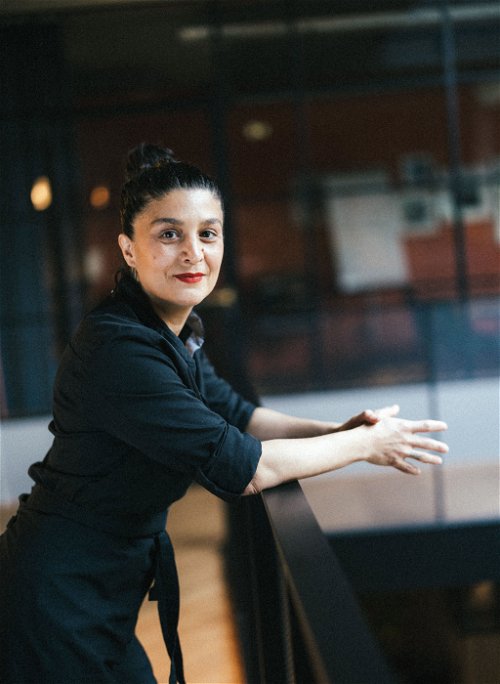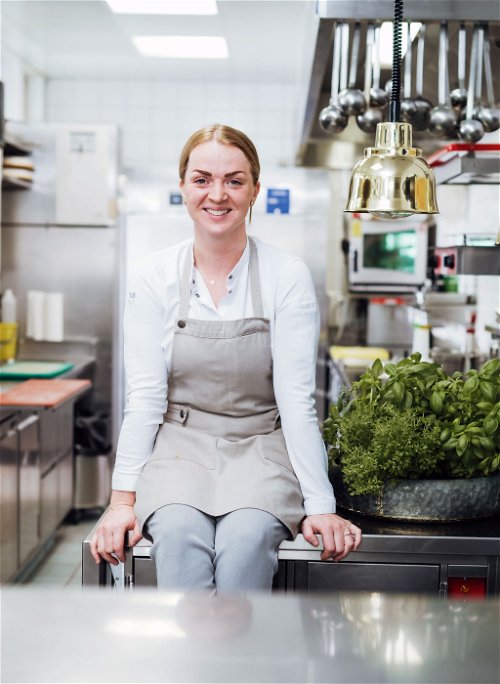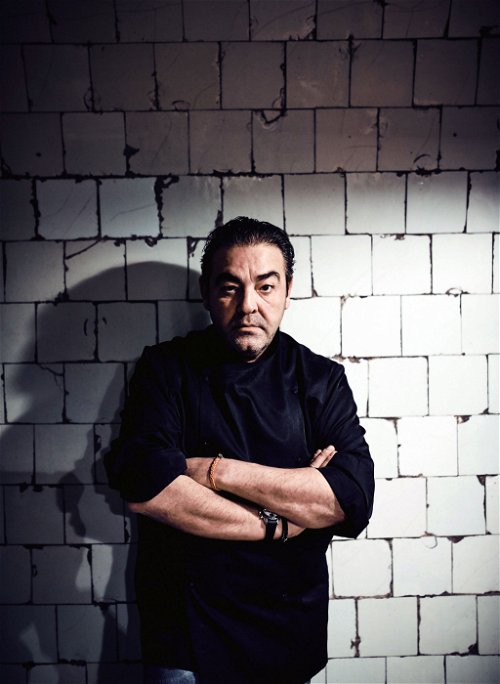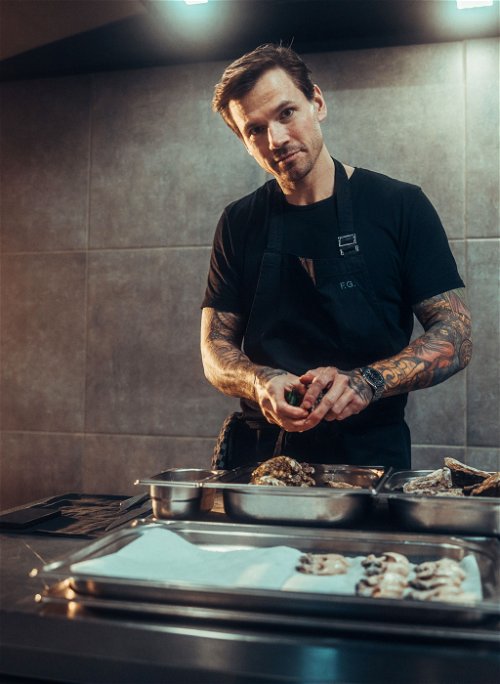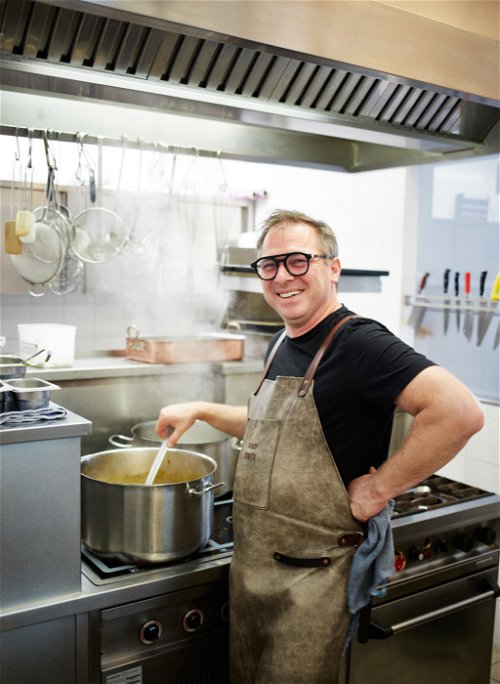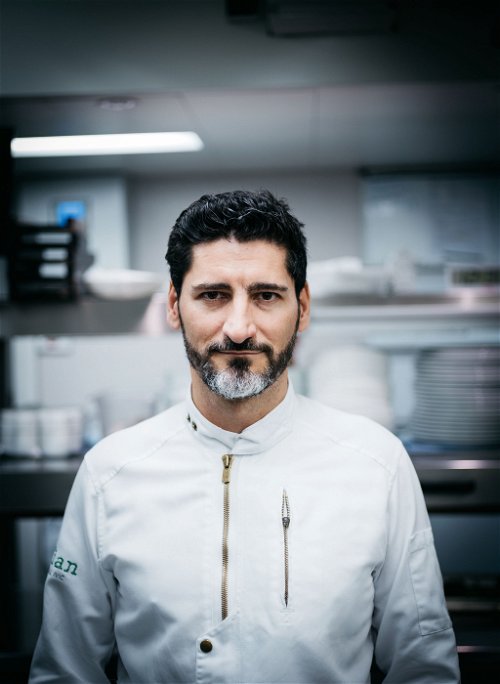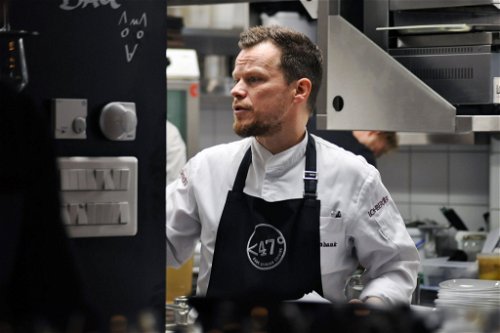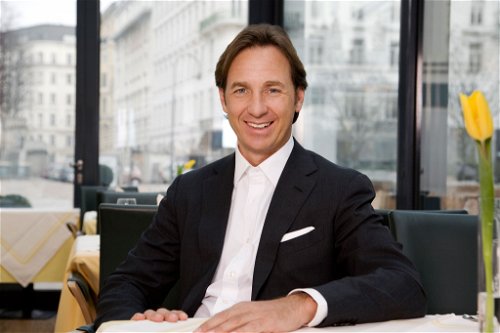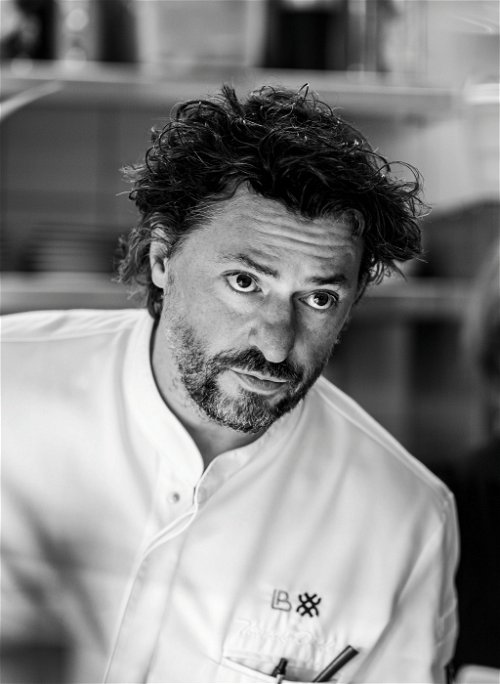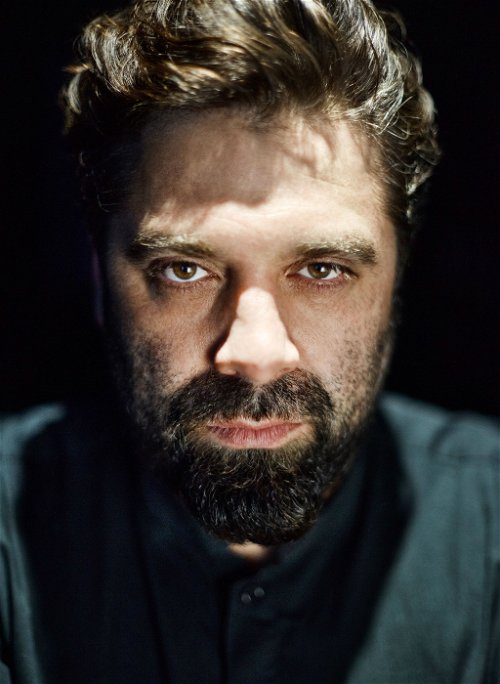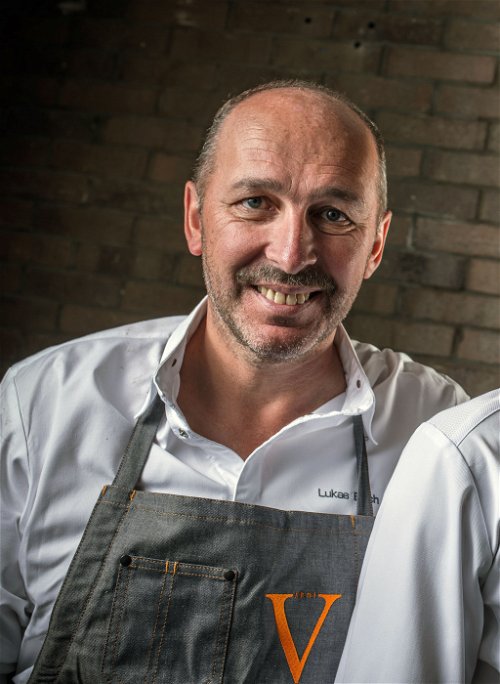Culinary visions: Top chefs reveal the gastronomic trends for 2024
What trends can we expect in 2024? What do gourmets value? And what doesn't work at all? Top Austrian chefs and restaurateurs give Falstaff their personal outlook on the culinary year ahead and the challenges facing the restaurant industry.
Refined and authentic
The culinary world becomes much more authentic, detailed and refined. Instead of pseudo-Asian, we experience Japanese, Korean and Vietnamese. Instead of Tex-Mex, there are Chilean, Peruvian and real Mexican dishes. And classic cuisine with its good craftsmanship is returning, the postmodern experimental phase is over. Now it is important to demand the price for good quality that it is worth. Why do many chefs have the impression that they are not allowed to earn money with good food? We need to be more self-confident.
- Juan Amador, "Amador Restaurant", Vienna
Ornament is not a crime
The trend is towards opulent reduction. 'Fine dining' with all its superimposed stylisation in 20 courses has fallen out of time. We want to sit at tables together, share food and celebrate parties. The table at which we find ourselves is the focal point of the evening in its baroque staging. Ornament is not a crime. The vegetables are the main protagonists. Colours, smells and fragrances should become tangible. Food is art. We want to return to the shared experience of eating as an original expression of human existence. In addition to high energy and rising food costs, the challenge in 2024 will be the issue of personnel. The high fluctuation, especially in kitchen teams of more than two to three people, remains eminent. "New Work" is one of the new buzzwords here. However, it remains to be seen how these new work concepts can be translated to the restaurant and hotel industry.
- Parvin Razavi, "&flora", Vienna
Exoticism without climate damage
Local Exotic! What was unimaginable years ago is now a reality; thanks to state-of-the-art technology, exotic produce such as ginger, lemons, figs and olives no longer have to travel thousands of kilometres to find their way onto our plates. They are grown and harvested locally. After all, the ingredients should taste good while protecting the environment and the climate. And: 'Food sharing' is also becoming increasingly popular here, with dishes being served on large plates and shared. One of the major challenges in the industry is certainly to guarantee a reasonable work-life balance for employees. This is the only way we can get young people interested in the job.
- Lizzy Aigner, "Prosecco by Aigner", Salzburg
More concentrated enjoyment
Guests want to enjoy themselves. Perhaps less often for financial reasons - but when they do, it's more concentrated. They are placing more emphasis on quality, having been distracted by the trends towards regional and sustainability in recent years. Regional produce is good, but not only. Not every product that makes a menu special can be from Austria - I'm thinking of langoustines or St. Peter's fish, for example. The challenge for us is that the best products are not available in endless quantities. The really high quality is rare.
-Fabian Günzel, "Aend", Vienna
Craftsmanship is valued again
Craft trades have been experiencing a new upswing for years, the best example being the bakery trade. Gastronomy is also a craft that has to be learned. That's why I hope for more appreciation, respect and understanding for chefs. And: the megatrend of neo-ecology (which combines consumption and environmental protection) has arrived in the gastronomy sector. Writing 'regional' or 'vegan' on your forehead and then only partially implementing it, if at all, is no longer enough. One challenge will be to find motivated and qualified staff and to gain the guests' understanding of the challenges of gastronomy. As is customary internationally, more and more Austrian restaurants will require a fixed deposit when making a reservation.
- Stefan Doubek, "Doubek", Vienna
Telling stories
Our menus have to tell stories. After two months, no one can remember exactly what they ate during a ten-course meal. But great stories are remembered. It is even better when the philosophy of the restaurant is reflected in it, when everything from the architecture to the art on the walls and the colours in the room to the material of the tablecloth works as a unit. At the same time, we chefs need to show more flexibility. We need to offer more 'à la carte' and shortened menus again, there has to be something for everyone in the family. The challenge for us chefs is that we also have to manage. If I have a great menu but the numbers don't match, then my restaurant can't survive.
- Alain Weissgerber, "Taubenkobel", Burgenland
I believe that high-quality processed snacks should find a home. Whether octopus piccolini or casual Ćevapčići.
- Max Stiegl, "Gut Purbach", Burgenland
More demand for vegan
In my perception, guests' expectations are increasingly developing towards a greater awareness of the origin of food. That is very pleasing. Demand for vegetarian and vegan food options is rising sharply, especially in the tourism sector, where sustainable travel is becoming an increasingly important decision-making factor. Economically, every year is a challenge in gastronomy, as the service is not yet scalable like production in industry. In terms of employees, we only have a good chance if the industry breaks down old rules and enables more modern, meaningful work with value.
- Paul Ivic, "Tian", Vienna
Away with foam and gel
The new year will bring even more product transparency and a more straightforward kitchen. What counts again is the art of cooking - not just the art of plating. We want depth on the plate, real sauces instead of artificial dishes with foam, gel and the indefinable. Inflation remains our biggest challenge. The reputation of the hospitality industry as a driver of inflation is unfair; we are also victims. As a restaurant, you have to position yourself even more clearly in future in order to remain interesting on the market. You can't get any further with average!
- Gerhard Fuchs, "Die Weinbank", Ehrenhausen
Simple things, incredibly good
I don't see any short-term trends in the culinary world, like in fashion. But there are major developments - and the most important is certainly the move towards greater quality. Incidentally, it doesn't always have to be expensive. You can do simple things incredibly well and inexpensively. This will also be the concept behind our new restaurant on Neuer Markt in Vienna, which opens this year: Good quality at good prices around the clock.
- Mario Plachutta, "Plachutta", Vienna
More appreciation for the culinary location
I prefer to set the trends and not just follow them. I was once called an avant-gardist because I like to be one step ahead. I found this attribution flattering - and it is my daily goal to live up to this claim. In any case, it's always about finding exceptional flavours. What is a good product, where do I get it, how can I prepare it in the best possible way without adulterating it? And how can I get the pure taste out of it? What is challenging is that we are confronted with increasingly severe waves of illness, arbitrary flight cancellations or rail strikes that leave our visitors stranded somewhere. This in turn leads to a high willingness on the part of guests to cancel or no-show, but they do not want to bear the costs. In economic terms, exploding energy costs and extremely high product and personnel costs are a major issue. We ourselves are responding to this development with even better planning and tighter opening hours. If people want to continue to enjoy eating out - or eating out at all - then something urgently needs to be done to prevent restaurants from dying out. Austria as a culinary location must experience greater appreciation from all sides.
- Konstantin Filippou, "Konstantin Filippou", Vienna
Revitalising classical music
Responsibility for sustainability, regionality and seasonality will continue to increase. I see "Alpine Cuisine" as a great opportunity to strengthen the reputation of Alpine cuisine and showcase its distinctiveness. In addition, it has long been my approach to rework classic cuisine - whether Austrian or French - and to add contemporary techniques to its soul with creativity. At the same time, the number of ethnic fusion restaurants with different concepts will increase in urban centers. In the everyday kitchen, the focus will once again be on the family table, on home cooking, on home gardening. We have to visit the vegetable farmers around the corner and the home marketers with their great products!
- Thomas Dorfer, "Landhaus Bacher", Lower Austria
Asian cuisine continues to set the tone
Young people love the sharing concepts, where everything is put on the table and the dishes are eaten together. It's a challenge to implement this, especially in top gastronomy, because it doesn't suit every guest. Another trend that is not going away, but is set to increase, is the trend towards Asian cuisine. Their influence will certainly become even more intense in the coming years. One issue that concerns us greatly is pricing. In high-end gastronomy, we are slowly entering price spheres that really hurt our guests' wallets. That is not good.
At the same time, we have to calculate in such a way that it is economical. We have therefore started to redesign some of our large menus; we no longer include luxury produce such as lobster and truffles in every course, but also incorporate regional produce and offer one or two vegetarian courses. This is contemporary and exciting - and also has a positive effect on the price.
- Erich Lukas, "Verdi Restaurant & Einkehr", Linz

